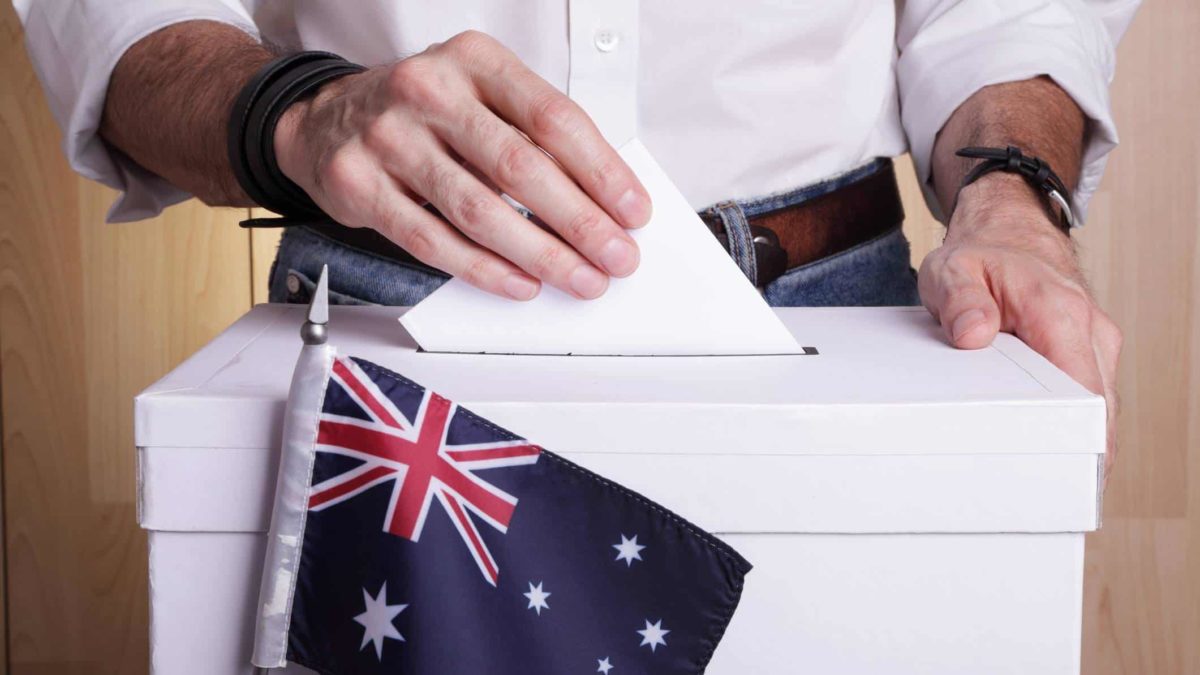There's one crucial result that ASX share investors need to watch as the final numbers are counted from the federal election last weekend.
That's according to AMP Ltd (ASX: AMP) chief economist Dr Shane Oliver, who summarised the policy differences that a new Labor government would bring in.
"Following its loss in the 2019 election which was partly blamed on a 'radical' tax and spend agenda, the ALP adopted a 'small target' approach this time, so its economic policies are not significantly different to those of the outgoing Coalition government," he said on the AMP blog.
"However, there are still some areas of difference and uncertainty."
A minority government could cause upheaval with ASX shares
With Labor committed to repairing the national budget through economic growth rather than austerity, the big risk for ASX share investors is if it becomes a minority government.
"The main risk for markets may come if… it has to rely on the Greens to form government and they push the new government down a far less business-friendly path, such as implementation of the Greens' proposed super profits tax."
But there could be a circuit-breaker in the "teal" independents who have taken over from traditionally Liberal seats in wealthy metropolitan areas.
"Labor's — and the teals — desire to be more than a one-term wonder should work against the new government moving too far to the left on economic policies."
In the federal house of representatives, a party requires 76 seats to clinch a majority.
According to the Sydney Morning Herald, Labor has secured 74 seats as of Tuesday morning, with seven electorates still to be decided.
Australia endorses the 'sensible centre'
Without massive policy differences, Oliver reckons market reaction to a new Labor government will be minimal.
If anything, overseas factors will have more of an influence on ASX shares.
"Investment markets will quickly move on to other things. So far that seems to be the case," he said.
"With the share market down 3.5% over the last eight weeks there is potential for a rebound ahead as political uncertainty is reduced. But the Australian share market remains vulnerable to ongoing global concerns about inflation, interest rates, and recession and these will likely dominate."
For Oliver, the 2019 election saw the electorate reject "left-wing" tax and spending policies, and this time voters dismissed "right-wing" views on topics like climate change and gender equality.
"In this sense, it may be seen as a good thing for sensible centrist policymaking in Australia."









